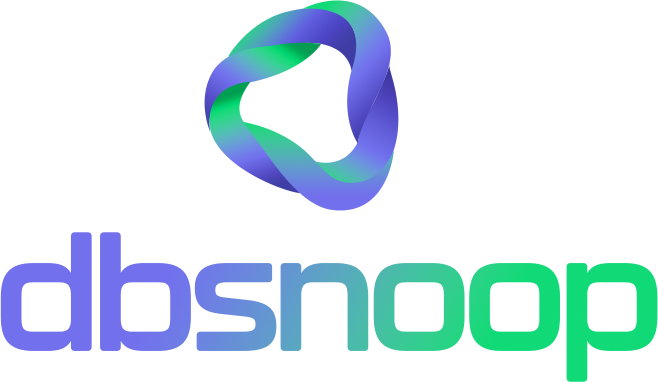
The growing adoption of NoSQL databases reflects the need for companies to handle massive volumes of unstructured and semi-structured data that do not easily fit into the traditional relational model. These databases have proven essential in meeting the demands of modern applications, such as social networks, video streaming, big data analysis, and the Internet of Things (IoT).
What are NoSQL Databases?
NoSQL (Not Only SQL) databases are designed to offer flexibility in data storage and management. Unlike relational databases, which use fixed tables and schemas, NoSQL databases allow information to be stored in more dynamic ways, such as:
- Documents: Ideal for semi-structured data (e.g., MongoDB, Couchbase).
- Graphs: For modeling and querying complex relationships (e.g., Neo4j, Amazon Neptune).
- Key-Value: For high-speed operations with simple data (e.g., Redis, DynamoDB).
- Wide Columns: For large volumes of analytical data (e.g., Cassandra, HBase).
Why are NoSQL Databases on the Rise?
- Horizontal Scalability: Unlike relational databases, which generally scale vertically (increasing hardware resources on a single server), NoSQL databases are designed to scale horizontally by adding new servers to the cluster.
- Flexibility in Data Model: There is no need for rigid schemas, allowing developers to store data without relying on predefined structures.
- High Availability and Performance: Many NoSQL databases are designed with a distributed architecture, ensuring high availability and low latency, even in cases of hardware failures.
- Suitability for Unstructured Data: With the explosion of unstructured data (emails, videos, images, event logs), NoSQL databases offer the capability to manage this data efficiently.
Main Use Cases for NoSQL Databases
- Social Networks: NoSQL databases are used to store large volumes of user-generated data, such as posts, likes, and interactions. Examples: Facebook uses Cassandra, and Twitter utilizes Redis.
- E-commerce: E-commerce platforms use NoSQL to manage product catalogs, purchase histories, and personalization. Examples: Amazon DynamoDB and MongoDB.
- IoT: Sensors and IoT devices generate continuous data streams that require NoSQL databases for real-time ingestion and processing.
- Streaming and Media: Services like Netflix and Spotify use NoSQL databases to store media metadata, user preferences, and playback histories.
Challenges in Adopting NoSQL Databases
While NoSQL databases bring many benefits, they also present challenges that companies must consider:
- Learning Curve: Developers and DBAs accustomed to relational databases need to learn new tools and paradigms.
- Eventual Consistency: Some NoSQL databases prioritize availability and performance over immediate consistency, which can be problematic for critical applications.
- Integration Complexity: Integrating with legacy systems, often based on relational databases, can be challenging.
- Less Standardization: Unlike relational databases, which follow well-established standards, NoSQL databases vary widely in terms of interfaces, features, and functionalities.
Trends in NoSQL Database Adoption
- SQL-NoSQL Hybrids: Solutions that combine the strengths of relational and NoSQL models are emerging, allowing companies to utilize the best of both worlds.
- Cloud-Native NoSQL: Cloud providers are launching NoSQL solutions optimized for cloud environments, such as Amazon DynamoDB, Azure Cosmos DB, and Google Firestore.
- Artificial Intelligence and NoSQL: NoSQL databases are being used to store large volumes of data necessary for training machine learning and AI models.
- Adoption in Edge Computing: With the growth of edge computing, lightweight NoSQL databases are being deployed close to data sources to reduce latencies.
Conclusion
NoSQL databases are a fundamental piece in the modern technological ecosystem, meeting demands that traditional relational databases often cannot. However, their adoption should be strategic, considering the specific needs of the business and the technical challenges involved. As technology evolves, NoSQL databases are expected to play an even more important role in managing and analyzing complex and dynamic data.
Learn which Non-Relational technologies are compatible with Flightdeck and how our platform can centralize all your management needs in one place: COMPATIBLE TECHNOLOGIES


